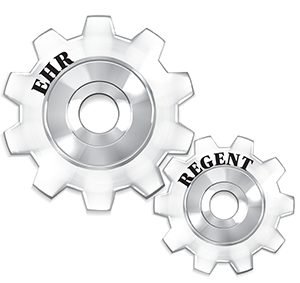
© Jane Kelly / SHUTTERSTOCK.COM
SAN DIEGO—Officials for the American Academy of Otolaryngology Academy-Head and Neck Surgery (AAO-HNS) trumpeted the arrival of the organization’s clinical data registry, Regent, saying that the data it provides will make it easier for otolaryngologists to comply with new regulations, help deliver more powerful research, help physicians keep up with certification and licensing, and put otolaryngologists at the helm in defining the quality of their care.
Explore This Issue
November 2016At the same time, officials emphasized that the registry will only be as strong as the amount and quality of data that is put into it.
Nuts and Bolts
Regent began regular operations in September 2016 after a pilot period that involved 21 academic sites and practices. Its technical aspect is being run by Illinois-based health IT company FIGmd, which also handles other clinical data registries, including those of the American College of Cardiology and the American Academy of Ophthalmology.
The Regent website (entnet.org/regent) includes a sign-up portal with a payment module, new contracts, and a simple procedure for signing up, executing a contract, and verifying membership. The cost is $295 per year in addition to a $250 application fee.
Jim Denneny, MD, CEO of the AAO-HNS, said he expects the registry to have wide appeal. “We were looking at ways to provide the tools for people practicing in all venues, whether you’re academic, small practice, private practice, large practice,” he said.
Above all else, he hopes the data in the registry will help the Academy and its members define what it means to deliver quality healthcare, which is crucial in the new payment landscape of medicine in the United States. “One main goal is to be the definers of quality for our specialty, rather than to have insurance dictate it,” said Dr. Denneny. “With the data and information we can get from a registry, we can actually influence that greatly.”
The goal of the registry is to function with little to no additional work from otolaryngology practices. The preferred method of data collection is for the registry to pull it straight from providers’ electronic health records.
The registry will also allow for easy assessment of a center’s performance. “If you are not meeting standards, it’ll be very easy … to see within national standards what you need to do better on,” Dr. Denneny said. “It’s always been hard to categorize results and compare yourself by just reading an article here or there … but [the registry] is really valuable in that.”